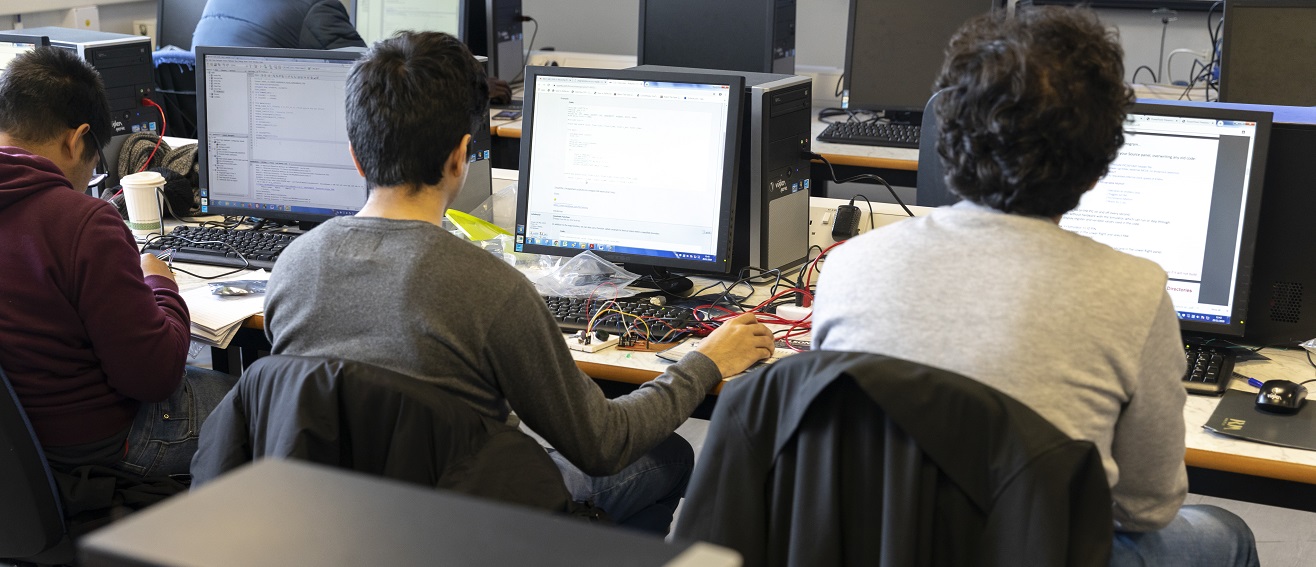This postgraduate Masters course is uniquely designed for both computing and non-computing graduates wishing to pursue a career in data science community.
Data science is at the intersection of the fields of computer science, statistics, and design. In a rapidly evolving world, new types of big data are emerging from mobile devices, sensors, instruments, transactional systems, web logs, social media, the cloud and other sources. Businesses are accumulating big data at a rate that often exceeds their capacity to extract value from it.
MSc Data Science is ideally placed to provide you with technical knowledge and employer-focused skills required in a data scientist role. The course will develop your specialist knowledge of data acquisition, data cleansing, data analysis, information extraction, prediction, visualization, story-telling and explanation.
You'll gain hands-on experience using industry standard tools for data science, business intelligence and analytics including SAS, Tableau MS SQL Server, Oracle Database, and R Programming.
Work placement options are available from September 2025! The work placement option is seeking accreditation from the British Computer Society (The Chartered Institute for Information Technology).




